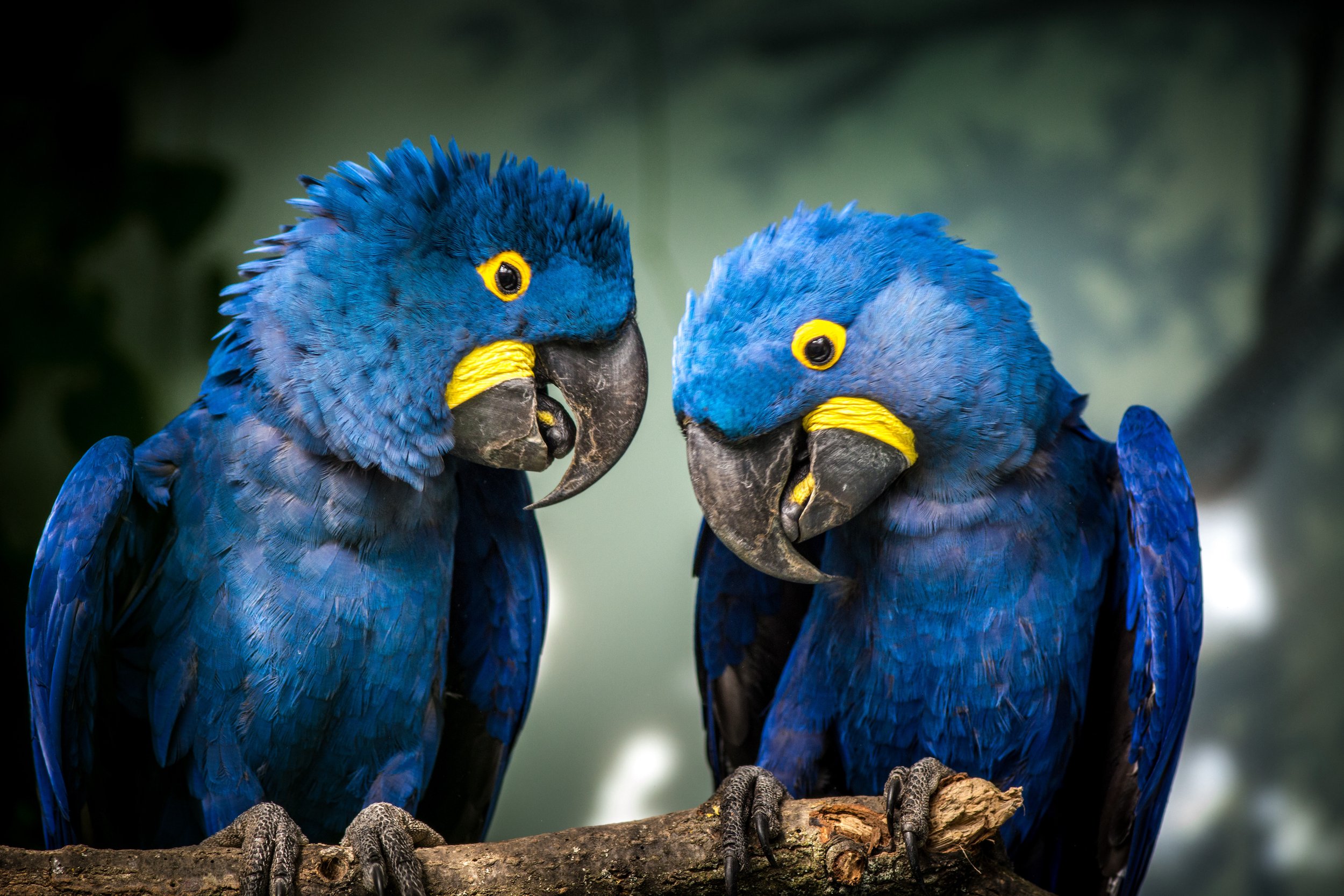COMMENTARY: Should we be all Atwitter about Twitter?
I’ve had a Twitter account for years, but I don’t use it to get news – or any other social media platform as a news source. If I want to get the news, I check out 3 or 4 news platforms to get the full story. But sadly, there are too many people who think that Twitter is an important news and information source when it really is not. It’s like watching “The Daily Show” on Comedy Central to get the news. It’s probably not your best source.
And then there is the issue of the new owner, Elon Musk, who purchased Twitter this year. Some people are alarmed and up in arms. But should they be?
Musk’s reputation has taken a big hit in the last few years, going from entrepreneurial genius/businessperson to increasingly eccentric and driven by building his celebrity. A man who was once considered an inspiration and possibly someone that could solve the problem of the electric car and long-term battery storage is now seen as someone who drifts from idea to idea without actually finishing anything.
His reason for buying Twitter seems two-fold: to take the company and turn it around (thus increasing profits or making it a money maker) and creating a public square that welcomes all ideas without much censorship or controls. To make the first part happen (increase revenue), he wants to start charging to verify your Twitter account and he wants to show more ads. Out of curiosity, I looked up some data on Twitter using a Google search.
The Business of Apps website reports these statistics about the platform:
Twitter generated $5 billion revenue in 2021, an 35% increase year-on-year
92% of Twitter’s revenue came from advertising in 2021
Twitter posted a net loss of $221 million in 2021, an 80% reduction on the $1.1 billion loss it reported in 2020
Twitter has 206 million daily active users and 38 million users in the United States
What we are seeing is hundreds of millions of users worldwide (I use it a few times per week myself). Let’s compare that to the global population, which will reach 8 billion on November 15 of this year (that’s according to the United Nations).
Out of the entire global population, 2.575% of the population use Twitter.
Yet, we give this social media platform the weight and gravitas of a prophet. It seems to me that the only people who get worked up about Twitter are the people who use it all the time and think it is representative of what people think. That’s the problem with echo chambers; you can just be talking to yourself, but you think someone is answering.
Does it really matter who owns Twitter, or any other platform that only @3% of the population use? In some ways, it is like being “Instagram famous.” Non-Instagram users don’t know Instagram celebrities and they probably don’t care to know them.
It doesn’t matter who owns Twitter if Twitter doesn’t matter to you.
The uproar being created by a small group of people thinking that Twitter is now some megaphone of hate is another sad example of the current situation: if you don’t agree with me, you must be wrong, uninformed, or a hater.
Until we can stop accusing each of other of hate mongering simply because it is an opinion different from our own, we will continue to focus on tempests in teapots – or who owns Twitter. Or, if you prefer another analogy (the Divine Godhead knows I have many of these), keep fiddling while Rome burns.
Maybe then we will realize we have been focusing on the wrong things.


